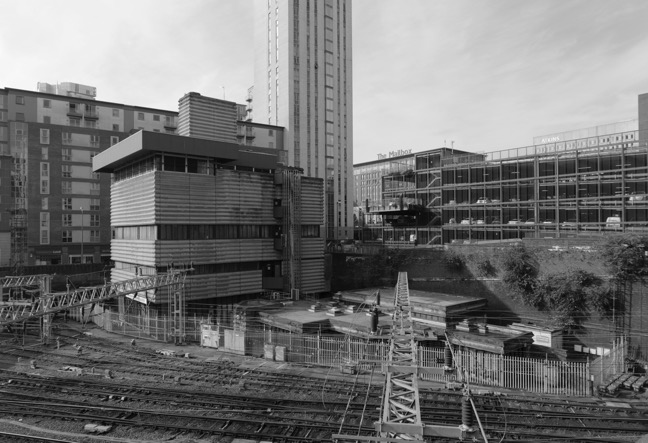
On the surface, Modernist architecture and urbanism rejected the historical city, searching to tidy up the messiness of unplanned growth, of creative destruction in reformatting the urban landscape according to a new measures of speed, access, and, supposedly, equality. This was a pioneer city, operating at the edges of convention, not afraid to experiment in the search for a new truth.
Although Birmingham has been seen as the epitome of the modern city, its’ growth has been framed by the city motto ‘forward’, radically different to contemporary ideas of ‘progress’ – one as a collective act of advancement in context, the other as change at any cost.
Though some twentieth century redevelopment schemes were driven purely by capital, many drew on a rich history of radical social and physical reform in the city, and led the way on new models of building the city for the people.
In this talk, Michael Dring will explore the taxonomy and notation that was developed for new models of urban space architecture, through interpretations of archival material and the city itself as part of his work with Birmingham Modernist Society, and as a PhD student at the Birmingham School of Architecture and Design.
Speakers

Mike Dring
As an architect, artist, lecturer and researcher, Michael Dring is interested in recording physical civic and infrastructural spaces, and in capturing the ephemeral, often fragmentary experiences of extant, threatened or lost spaces of the city. His audio-visual work offers a critique of the modernist iconoclasm – the destruction of the ideas, the image and form of the post-war city for political motives – through the union of experimental processes in photogrammetry, archival interpretation, mapping, film making, and soundtracking, in doing so offering insights into the value of past ideals to give the present greater depth of meaning. Michael’s work with the Birmingham Modernist Society also seeks to redress the balance in the ongoing changes to the city, through events and publications.






